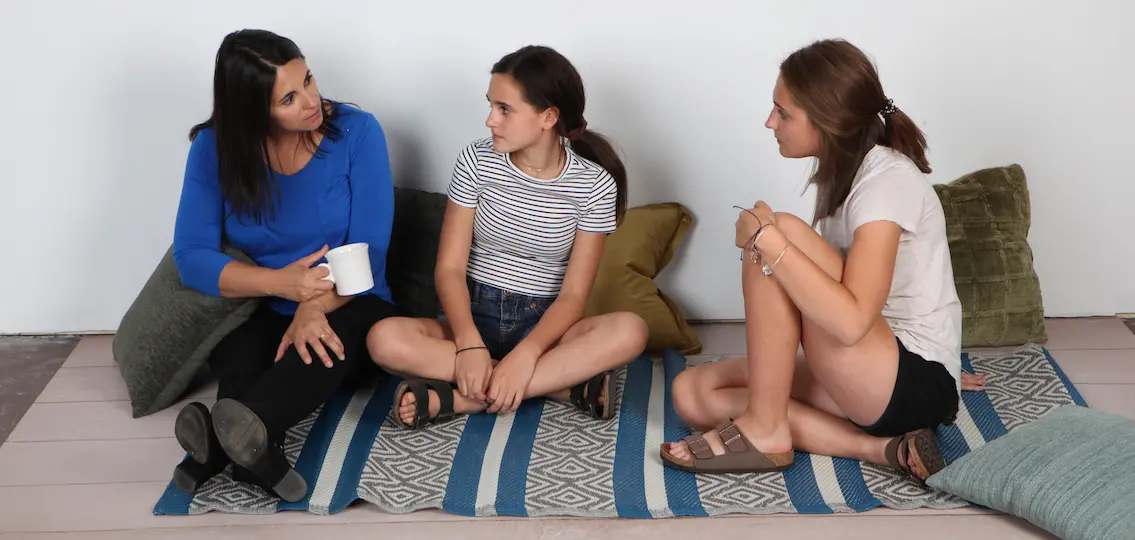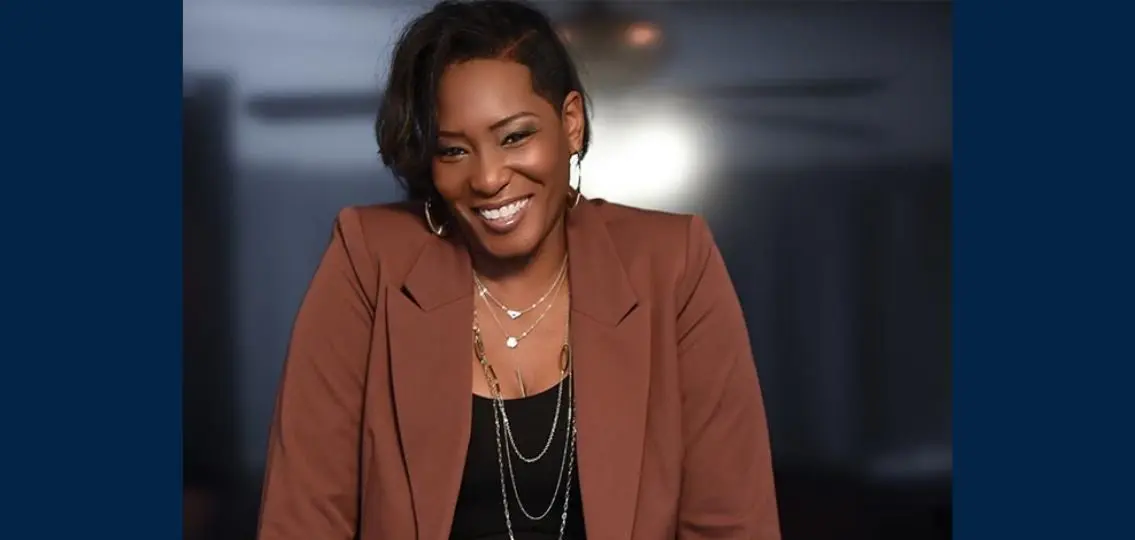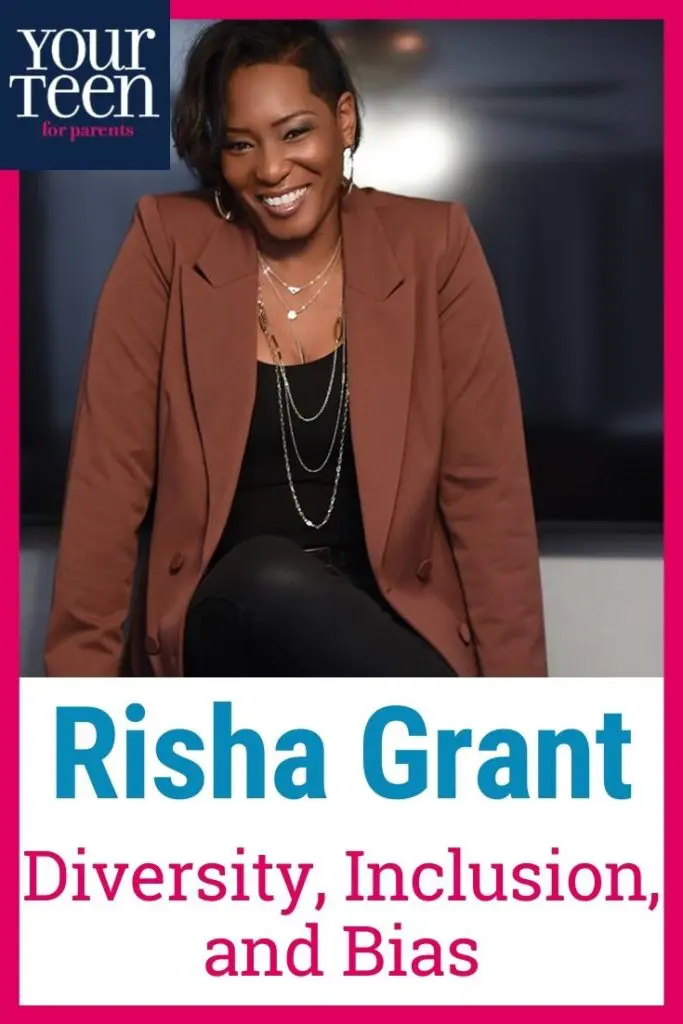We caught up with Risha Grant, Diversity, Inclusion, and Bias expert and author of That’s BS! How Bias Synapse Disrupts Inclusive Cultures and the Power to Attract Diverse Markets.

Here’s what she had to say about:
Pronouns:
Our brains work on autopilot. When I see someone who looks a certain way but identifies differently, I’m probably going to mess that pronoun up. But I know that’s important. It is difficult, but if it makes them feel comfortable, then we have to make the effort. We can ask, “How would you like to be addressed?” We can keep it simple, but people appreciate that we acknowledge something that is important to them.
Race:
Race issues have been going on for 400 years. As sure as we’ll need to be given grace, we need to give grace as well. People need to educate themselves and figure out how they can be better and treat people better and make sure that their bias doesn’t show up in their behavior toward others. We know we have work to do and we need to be doing that work.
Bullying:
It’s all about being intentional. Make sure you’re inclusive. When you deal with schools, you deal with bullying. Be clear on what you say around kids as well as how the students are understanding what you’re saying.
The N-word:
Middle school students use it, but I’m not sure they know what the word means. Do they understand the blood and hatred that is connected to the history of the word? White kids know it’s bad, but sometimes someone gives them a “permission slip” to use the word. I try to remind them that that permission is not redeemable at all locations. I think it would be best if they stopped saying the word all the way around. If the word causes anyone pain, it’s just not worth it.
Differing Perspectives:
High school students were upset with each other about everything regarding diversity. There is a large segment of people whether it’s people of color, black folks, gay folks, women who the country has not been so great for them. Students did a great job articulating how they felt.
Changing the Names of Schools:
If you put a statue up or name a school after a person, that means you are honoring them. If that person has maimed, killed, subjugated millions of people, it’s ridiculous to expect people to go to that school and feel comfortable. Black parents don’t want their kids to go to a school named after Robert E.Lee. You can’t be good to one group and kill and enslave another group.
Allyship:
Allyship is about people standing with people who are typically marginalized and don’t have a voice. Allyship is a big word right now because people are trying to figure out how they can help. This has been the first time in my life when I’ve seen white folks stand with black folks to stand in solidarity about something they think is wrong. White people are wanting to help but it’s hard if they don’t have authentic relationships with black people. They want us to share but it’s hard to relive pain and do it in a way that doesn’t make white people uncomfortable. There are so many books and videos now so you can learn and educate yourself and then be in conversation about how you can help.
Hope:
I’ve been doing this for 25 years, and for the first time, I feel hopeful. A lot of companies seem like they really want to make real change rather than just check a box. I personally like to believe that people are inherently good so I think and hope that we’re going to work it out.
Watch the complete interview here:





